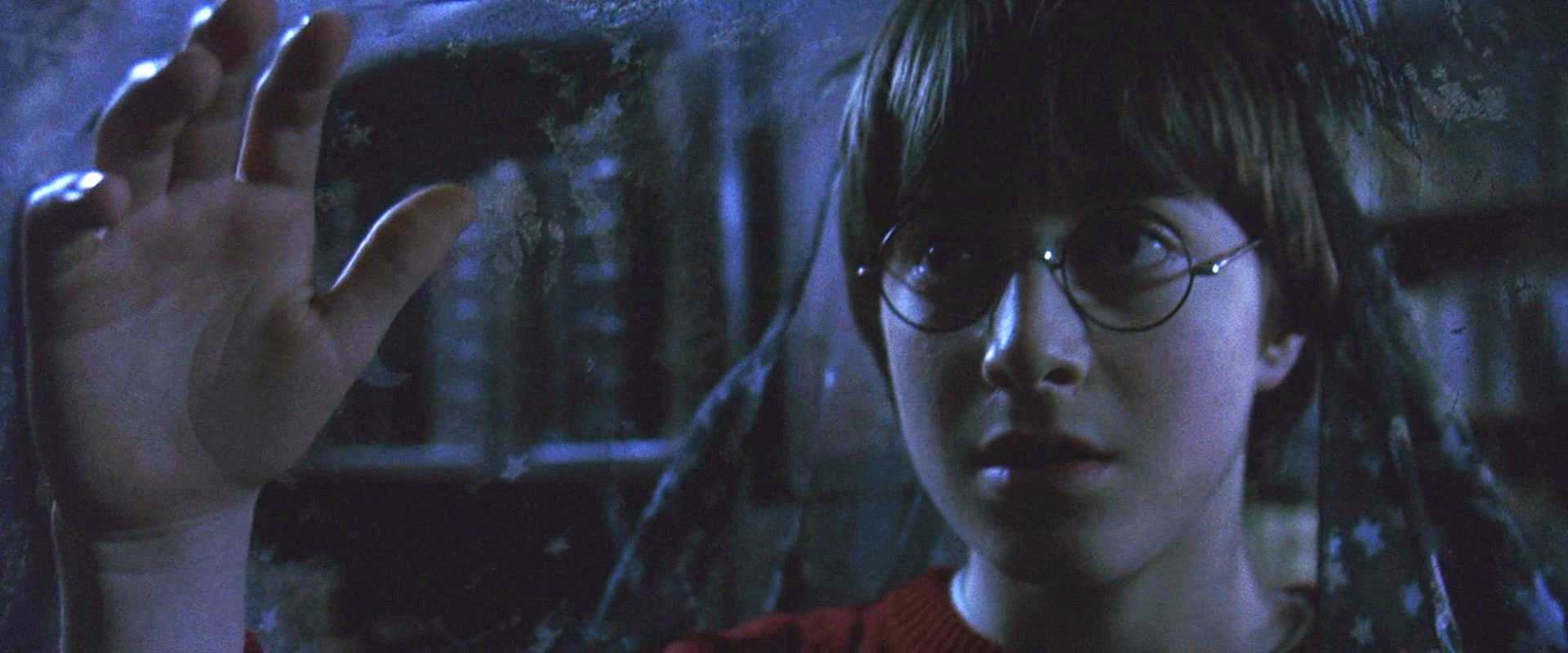In Fantastic Beasts and Where to Find Them, the gaze of the Basilisk is described as lethal (as most of us already know):
[The Basilisk] has exceptionally venomous fangs but its most dangerous means of attack is the gaze of its large yellow eyes. Anyone looking directly into these will suffer instant death.
Fantastic Beasts and Where to Find Them - pages 3-4 - Scholastic - An A-Z of Fantastic Beasts
To quickly review, Mrs. Norris survived the Basilisk by seeing its reflection in standing water and was petrified, not killed. Colin Creevey survived because he was looking through the viewfinder of his camera when the Basilisk came along, and he was also petrified instead of being killed. Nearly Headless Nick was already a ghost when he saw the Basilisk; it's impossible to die twice so Nick was merely petrified. Justin Finch-Fletchley saw the Basilisk through the ghost of Nearly Headless Nick and was petrified, not killed. Hermione saw the reflection of the Basilisk in her hand mirror and was petrified, not killed.
Does the gaze between a potential victim and a Basilisk have to be mutual in order for death to occur? In the case of an Invisibility Cloak, the wearer would be able to see the gaze of the Basilisk, but the Basilisk, ostensibly, should not be able to see the gaze of the Invisibility Cloak wearer because the cloak wearer is hidden from view.
Would an Invisibility Cloak block death from the gaze of a Basilisk like some of the above items did?

